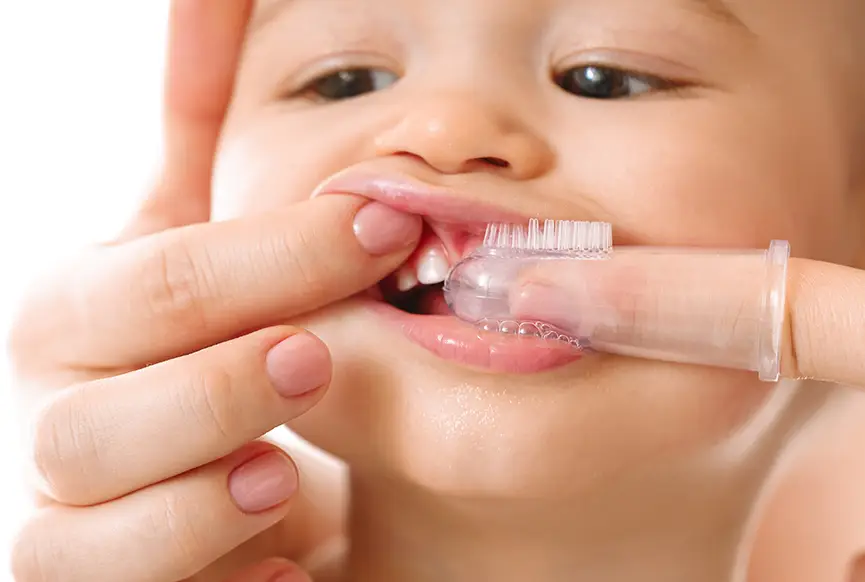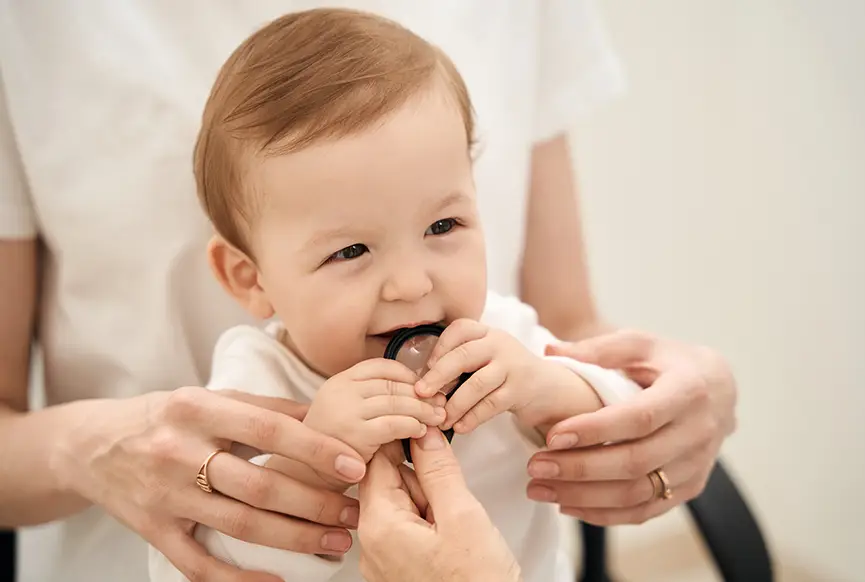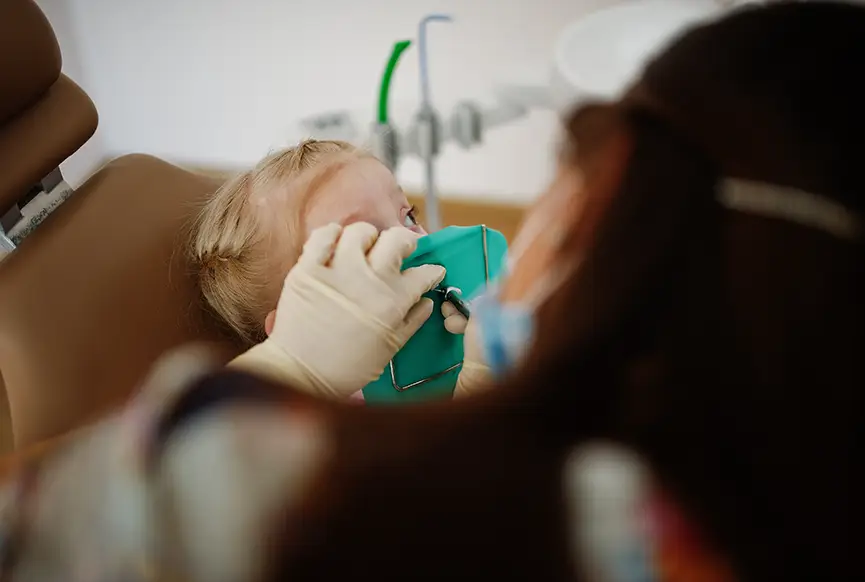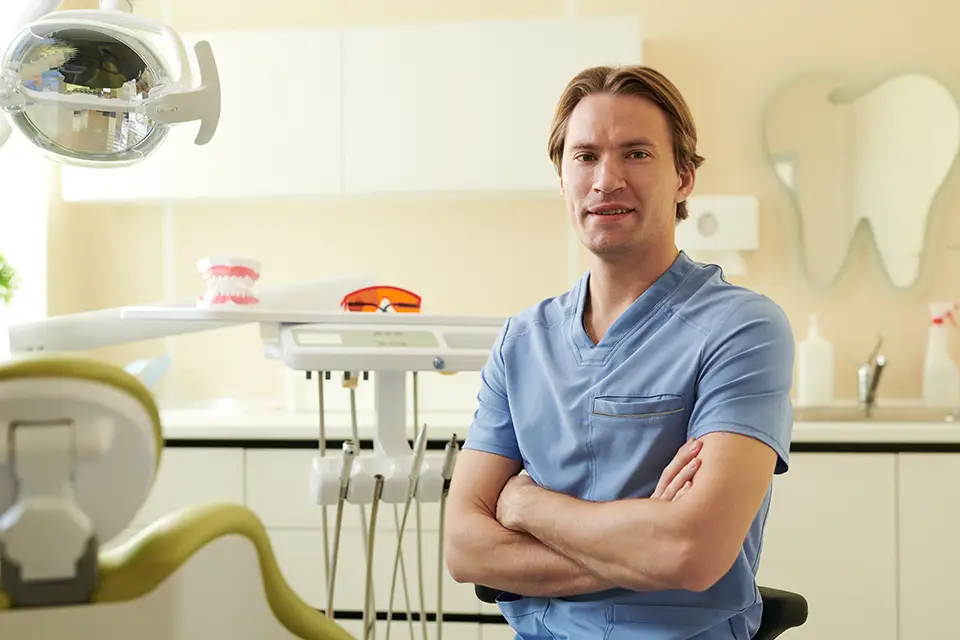If you’re packing a hospital bag and making pediatric appointments, insurance questions won’t be far behind—especially the big one: do newborns really need dental insurance? New teeth don’t arrive on day one, but mouth care starts immediately: feeding habits, gum cleaning, and planning that first dental visit by age one. At Sunshine Dentistry in Richmond Hill, we keep this decision practical and calm—what newborn oral care actually costs, when a standalone plan helps, and how to protect your budget without overbuying.
Why Parents Consider Dental Insurance for Newborns
It’s a fair question. In the first year, you’re juggling medical coverage, new expenses, and a sleep schedule that keeps moving. On top of that, infant mouths still need attention: tongue- or lip-tie checks, feeding guidance, and early cavity prevention once teeth erupt. The phrase do newborns really need dental insurance usually pops up because parents want two things: predictable costs and quick access if something unexpected—like a bumped baby tooth—happens. The right answer depends on your family health plan, risk factors, and how you prefer to pay for preventive care.
Typical Dental Care Costs for Infants and Toddlers (0–3 Years)
Before you decide on a policy, it helps to see the typical services you might use. Most families won’t need every item below, but this is the realistic menu for years 0–3.
- Well-baby Mouth Checks: Brief oral evaluations during medical visits or early dental screenings; often paired with feeding and cleaning guidance.
- First Dental Visit by Age One: Baseline exam, eruption tracking, brushing demo, and a simple risk assessment.
- Fluoride Varnish (As Indicated): Quick, kid-friendly application to strengthen enamel once teeth appear.
- Feeding/Latch Assessment: Evaluation and guidance when nursing or bottle-feeding challenges affect the mouth.
- Minor Trauma Consults: Tips and checks after tumbles—common once kids start cruising and walking.
- Follow-up Hygiene Visits: Short, positive appointments to build comfort and reinforce routines.
This list is why many families conclude that do newborns really need dental insurance is less about day-one coverage and more about planning the first two to three years wisely.

Factors That Influence Newborn Dental Care Costs
Not all babies have the same needs. These are the variables that change your out-of-pocket total:
- Caries Risk: Family history of cavities, frequent night feeds after teeth erupt, or high-sugar snacks increase the need for varnish and check-ins.
- Feeding Mechanics: Tongue- or lip-tie concerns can prompt evaluations and, occasionally, referrals.
- Injury Risk: Early walkers and fearless toddlers can chip or bump teeth, leading to quick assessments.
- Coverage Design: Whether your child is added to an existing family dental plan or you’re paying as you go.
- Visit Cadence: Some kids do best with shorter, more frequent “happy visits” to build confidence.
Understanding these drivers helps you decide if a policy fits—or if pay-per-visit is the better route.
When an Infant Dental Insurance Plan Is Worth It
For many families, adding a child to an existing family plan around the time the first tooth erupts is enough. A yes to do newborns really need dental insurance is more likely when you anticipate frequent dental visits or want predictable co-pays from the start. Situations that tilt toward coverage include a strong family history of early cavities, enamel defects, or complex feeding issues that will be monitored closely. It can also make sense if you prefer the simplicity of scheduled preventive visits with minimal surprise costs, even when your child is still very young.
Alternatives to Dental Insurance for Newborns
If you’re on the fence, you’re not stuck with “buy a policy or do nothing.” Consider these middle paths:
- Add to an Existing Family Plan: Often the most economical route when one or both parents already have dental benefits.
- Pay-as-you-go Preventive Care: Straightforward for low-risk kids; you pay only for the visits and treatments you use.
- Membership/Discount Programs: Some clinics offer annual plans that bundle exams, cleanings, and a set number of quick checks.
- Health/Benefit Spending Accounts: Set aside pre-tax dollars (where available) to cover predictable preventive costs.
- Hybrid Approach: Start pay-as-you-go; add insurance later if risk or visit frequency rises.
These options keep care accessible while you decide whether do newborns really need dental insurance for your household.
Timing and Coverage Tips for New Parents
Start with what you can control—habits and timing. Clean your baby’s gums with a soft cloth after feedings; switch to a tiny soft brush once the first tooth appears. Book the first dental visit by age one (earlier if you have concerns), and keep the tone positive and brief. If you have a family plan, confirm when you can add your newborn and what preventive services are covered in the first two years. If you’re paying per visit, ask for a simple estimate for the “age one” appointment, fluoride varnish (if recommended), and a follow-up schedule that suits your child’s temperament. Our team in Richmond Hill keeps visits short, child-led, and focused on coaching—so you leave knowing exactly what to do at home.

How to Decide If Newborns Really Need Dental Insurance
Use this quick checklist to land on a confident yes or no:
- Risk: Is there a family history of early cavities or enamel issues?
- Feeding: Are there latch or tongue-tie concerns you expect to monitor?
- Budgeting Style: Do you prefer predictable co-pays or simple pay-per-visit?
- Access: Will adding your child to a family plan be low-cost and immediate?
- Temperament: Will shorter, more frequent “comfort visits” help your child adjust?
If most answers lean toward predictable, frequent preventive care, a policy may fit. If your answers lean towards low-risk and minimal visits, paying as you go can be just as sensible.
Conclusion: Practical Choices for Infant Dental Care
There isn’t a one-size-fits-all rule for do newborns really need dental insurance. Some families sleep easier with a child on the plan from the start; others combine early coaching, a first visit by age one, and pay-per-visit prevention without missing a beat. What matters is access to kind, practical care and a routine you can keep at home. If you’re weighing the options, we can outline both paths—policy and pay-as-you-go—so your decision fits your child, your budget, and your week.
Ready to plan your baby’s first dental visit? Book with Sunshine Dentistry in Richmond Hill. We’ll keep the appointment brief and friendly, review your coverage options, and send you home with a simple newborn-to-toddler oral care plan.
FAQs
When should my baby see a dentist first?
By age one, or within six months of the first tooth; earlier if you notice feeding or mouth concerns.
Is fluoride varnish safe for infants?
Yes—when recommended by your clinician, it’s quick, low-dose, and helps strengthen early enamel against decay.
Do newborns really need dental insurance if we already have medical coverage?
Not always; many families add dental later, while early visits and pay-per-visit prevention cover most year-one needs.



